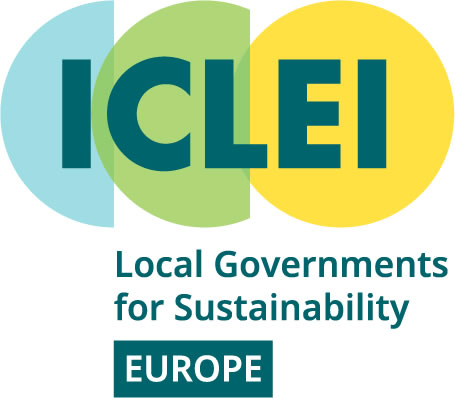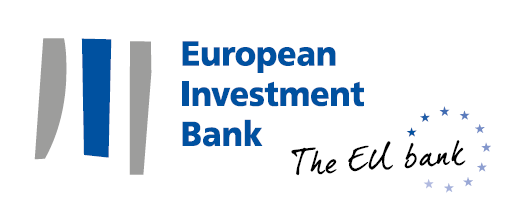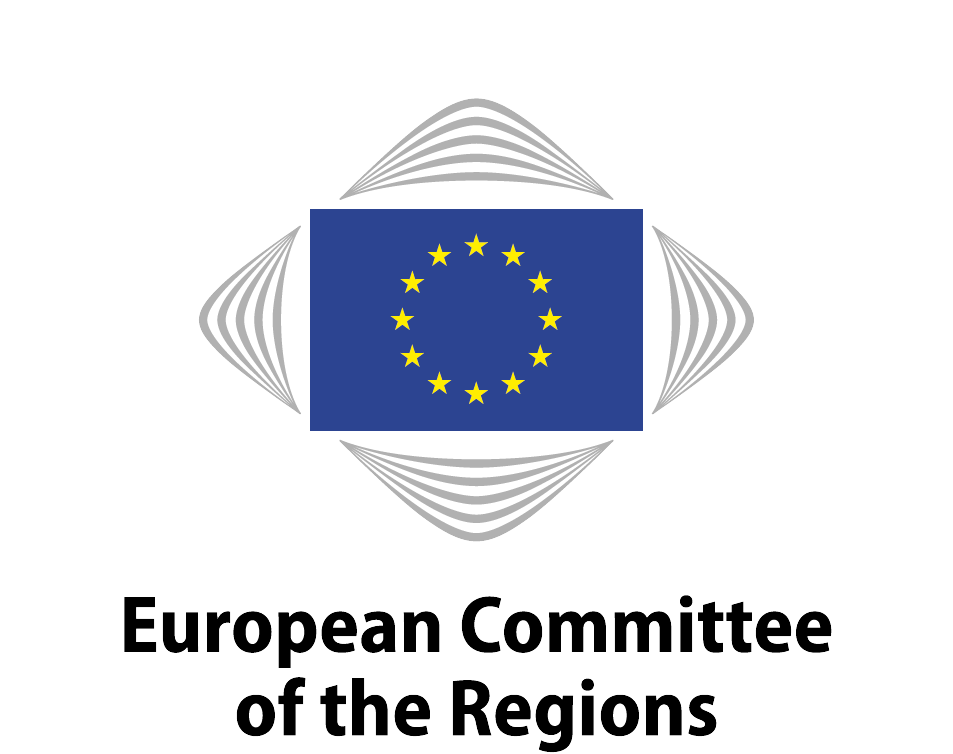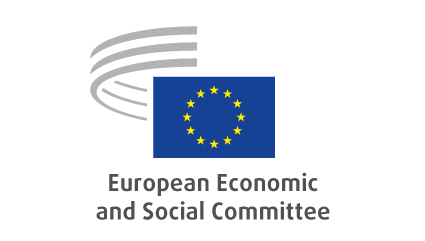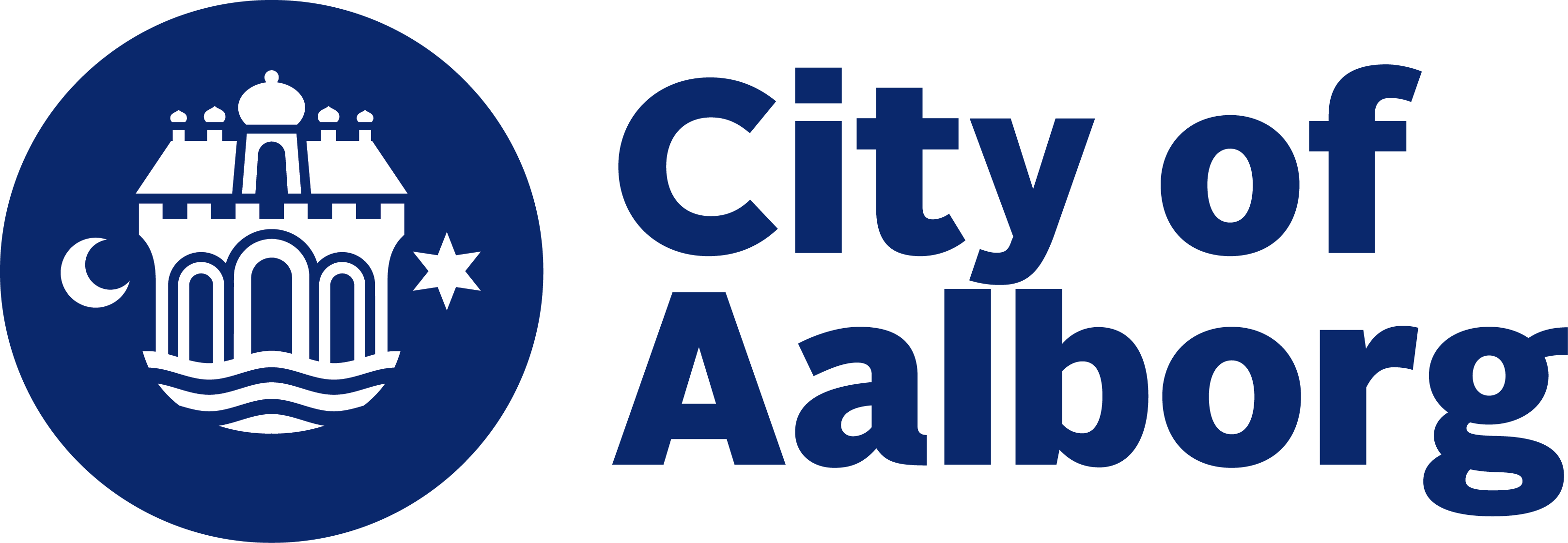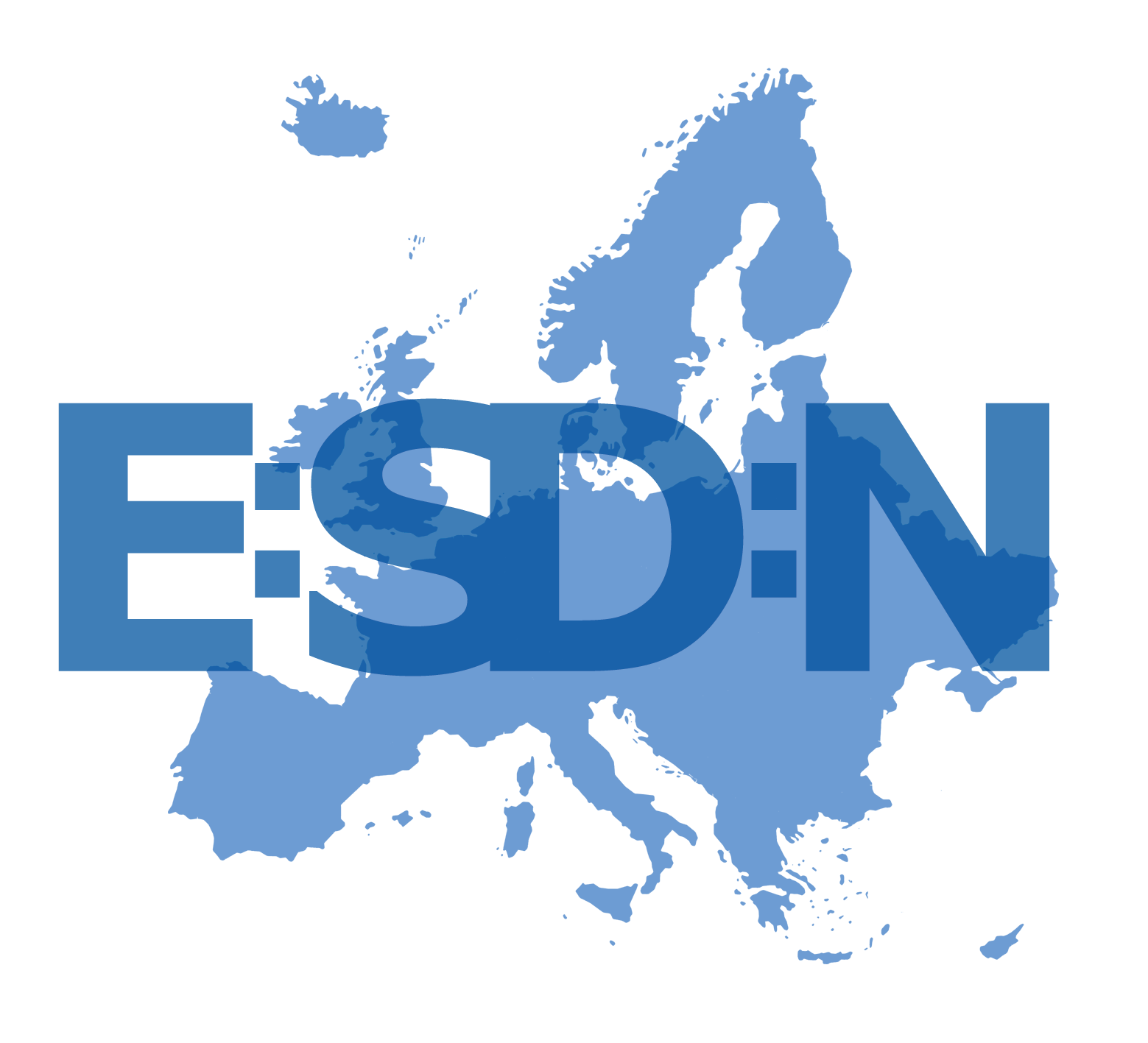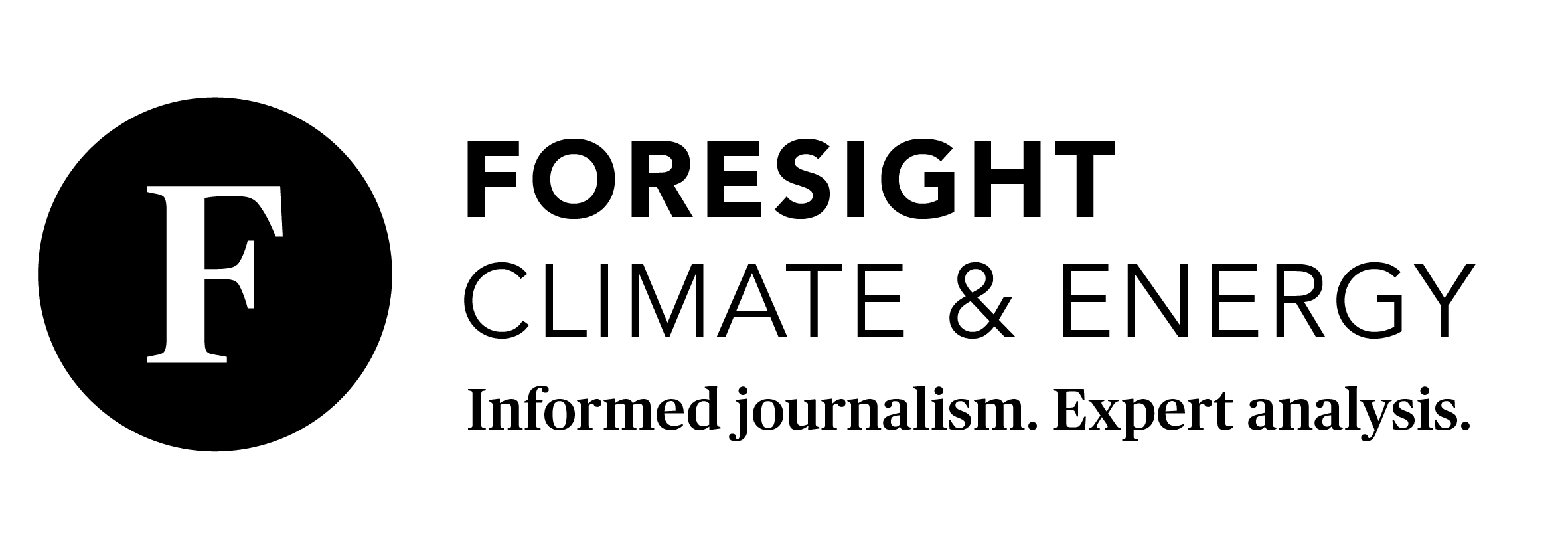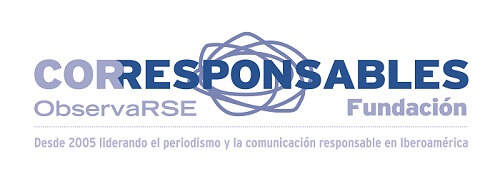PROGRAMME
Transformation of public infrastructure and services is necessary in order to achieve the sustainability and climate goals set out in the EU Green Deal, the SDGs, and the Paris Climate Agreement. The level of investment needed to ensure sufficient transformation cannot be achieved however, without larger scale participation by the private sector. With effort and investment shared among private, public, and civic sectors, new opportunities for financing approaches may appear. A panel of banks, investors, and cities will aim to identify the potential and scope of those possible approaches, as well as discuss which role public and cooperative banks can or should play in supporting them.
Key questions include:
If money is not the problem, how can we make it work for an accelerated transformation of our infrastructure and services?
How can private investments and PPP(P)s be realised to safeguard transparency, public ownership and control?
How can costs and benefits of PPP(P)s be fairly shared and what are the social impacts of such models?







European cities are exploring new ways to organise living together, for both now and after COVID-19. The pandemic has shown that sweeping societal change is possible, if understood, valued, and supported by all. This presents society with an opportunity to re-think and redesign urban living and lifestyles. Economic recovery packages, as well as new, place-based alliances in the form of Climate Pacts, could stimulate, leverage and sustain further, and more inclusive, transformation. This Policy Panel looks at the role of Climate Pacts as a facilitative tool in the sustainability transition process, taking particular interest in their ability to raise awareness, provide space for engagement, and encourage commitment through concrete action.
Key questions include:
How can Climate Pacts accelerate social innovation and bottom-up dynamics for climate-neutral cities?
How can they support a change of lifestyle and help maintain climate-friendly behaviour beyond the lockdown?
What is the key role of local government in Climate Pacts?
How can the Climate Pact help engage local businesses with civic movements for a more effective Green Recovery?






A circular economy, like many ideas, may be a simple concept but implementation at a city or regional level can be seen as an overwhelming task. A common vision for what a circular economy looks like at the urban scale can help to make it more manageable particularly when addressing priority sectors such as construction, food, textiles, mobility, plastics and consumer electronics.
Key questions include:
What should a circular economy transition will look like at the local level and what are the levers for local governments to bring it about?
How do you finance a circular economy?
What is recommended for implementing a circular economy?
How can you get involved through the Circular Cities Declaration?
Cities are growing at unprecedented rates, as is our appetite for resource-intensive lifestyles. These trends are putting the natural systems we rely on at risk, and locking us into long-term patterns of unsustainable production and consumption. Yet, cities also hold the keys to innovative solutions that can help us turn these existential threats into opportunities for building better, greener and more inclusive urban areas. This Policy Panel looks at how the Urban Greening Plans promoted by the European Commission have the potential to protect and restore biodiversity, unlock a green recovery, and foster more equal and inclusive living conditions.
Key questions include:
How can Urban Greening Plans contribute to protecting and restoring biodiversity?
How can they become a key instrument for a green recovery from the pandemic?
How can they help overcome unequal living conditions and access to green space? And, how can they be different from existing planning tools for cities?
This interactive session will highlight the need for enhancing biodiversity when planning, developing and implementing activities for sustainable urban regeneration. In light of the dire state of biodiversity around the globe and the upcoming 15th Conference of the Parties of the Convention on Biological Diversity in Kunming (postponed), the consideration of biodiversity within the topic of nature-based solutions (NBS) is crucial.
The session will bring together insights and reflections from city representatives and scientific experts from high-level institutions and city representatives involved in various European-wide projects around the planning and application of nature-based solutions. . Experts will tackle three main questions: How do projects and cities contribute to biodiversity through the NBS they are implementing? What are the barriers in including biodiversity in urban plans and strategies and how can they be overcome? What are concrete opportunities to foster biodiversity via NBS? A broad and informative discussion will provide participants with an understanding of the co-benefits of factoring biodiversity into NBS projects and with valuable real-world examples of solutions in practice.




Social innovation in the energy sector is about new ways of ‘thinking, doing, and organising’ that transform our energy system. The approach gains attention and helps to consider both supply and demand side changes, going beyond the purchase and adaptation of low carbon technologies.
Social innovation is just as much about new combinations of old things, as it is about integrating new things into existing contexts. In practice this means an encounter of old and new and the need for co-creation amongst diverse actors. Such encounters don’t take place in a vacuum, but are developed by people and evolve in concrete places. This makes the local level and especially cities take centre-stage for social innovations.
Smart Cities have been the “talk of the town” in Europe for the past ten years and a series of solutions are ready for upscaling, replication or adaptation. Many solutions exist, but arguably the most successful and innovative are those in which technology works closely with the users to achieve an impact.
This session is a deep dive into how cities combine their ambitions on sustainability with technology and active contribution from citizens or local stakeholders. Best-case examples will be provided by leading European Smart Cities and practical advice will be shared on how other cities can take a ‘smart’ solution and make it their own.




In light of a growing number of local governments demonstrating their ambition for climate action in calling for a climate emergency, the session aims to explore tangible and bold local integrated climate action translating the urgency into practice. Discussing ambition in action in engaging pitch presentations of innovative, replicable low-carbon examples from frontrunning cities who declared climate emergency, the session will contribute to accelerating the uptake of proven solutions and demonstrate how local governments can walk the talk.
Building upon pitch presentations, panellists will explore the shape and scale of their most ambitious local climate projects and kick start reflections among panellists and audience on how local governments can turn ambitious aspirations and commitments into game changing action for achieving the necessary systemic changes towards a low-emission future in line with the Paris Agreement and the EU Green Deal.
Cities around Europe are piloting and implementing solutions to become more circular. Plastic, construction and bio-waste are three of the waste streams cities are seeking to reduce or reuse due to their environmental impact and socio-economic value. Which levers do cities have to effectively close these materials loops?
In this session, we will hear the experience of three cities that have got down to the job. What have they done? What did they learn? Can their solutions be replicated elsewhere? The audience will be invited to challenge their approach.












Procurement is a powerful tool that helps public authorities meet their needs for products and services but offers the opportunity to drive the implementation of Agenda 2030. This can range from leveraging the power of procurement to achieve environmental goals, but also to foster fair working conditions, supporting gender-equality or marginalised groups, to improving conditions across a supply-chain in collaboration with industry.
This session explores the following questions: What are key challenges and drivers when getting started on sustainable or innovation procurement? How can procurement be used to influence global supply-chains such as electronics? What are examples for the difference that socially responsible procurement made? What are recommendations from experienced procurers on how to start buying social?





This session focusses on the value of transport strategies to achieve efficiencies in transport through car occupancy, use of transport assets and energy consumption. It presents case studies in three relevant areas: car sharing; behaviour change; and public transport. One of the overriding themes is electric mobility. What do we need to do to get closer to the definition of a sustainable electric transport system, who needs to play their part, and where does the line need to be drawn between sustainable and unsustainable public and private transport? Lessons and things to avoid will be populated during an active discussion.




The session will present first-hand examples of how cultural heritage serves as a driver for the sustainable regeneration of urban areas. The cities will showcase their best practices and reflect on lessons learned focussing on the guiding questions:
- How do heritage, culture and creativity contribute to local sustainable development?
- What is the role of cultural heritage in promoting social inclusion and cohesion?
- What is the link between cultural heritage and resilience - and how can cities benefit from synergies between the two?
The session will explore how cultural heritage has the potential to enable new forms of collaboration and cultural production, to support cities to cope with future challenges, creating the conditions to carry out sustainable adaptive reuse projects. Participants will also discuss how cultural heritage can contribute to strengthening the resilience of communities.




Emissions tracking is a collective effort which requires the engagement of a wide range of stakeholders. For state and regional governments, this means building partnerships both within their jurisdiction, and between national and local governments. Often, partnerships formed on the basis of exchanging data, can also deepen and reveal other opportunities for climate action. In this interactive session, leaders from the Under2 Coalition will share their experiences of setting up institutional arrangements for accessing emissions data, and developing structures for climate governance. The session will also provide an opportunity for discussion and sharing examples of best practice between participants.









This interactive session will enable participants to build scenarios to address urban sustainability challenges through nature-based solutions (NBS), making use of the Urban Nature Explorer, a new online tool. You will work in small groups to analyse a real case, based on which you will develop a vision to address an urban sustainability challenge and meet related targets. In the process, you will learn what type of nature-based solutions can be used to address specific sustainability challenges and how they can be implemented, evaluating and comparing their potential environmental and socio-economic impacts.
The Urban Nature Explorer makes use of lessons learnt about NBS from the Urban Nature Atlas and about the assessment of NBS impacts in the Urban Nature Navigator, all outputs of the Naturvation H-2020 project.






Discover a new EU-funded tool aiming to support local governments in successful energy and mobility transitions, and how policies and social innovation can influence the way your population welcomes local interventions. This session is a ‘premiere’ interactive presentation of the SMARTEES Policy Sandbox Tool, which includes a guided computer workshop based on the pioneer cases of Aberdeen and Groningen.
You will explore the scenarios linked to the energy and mobility transitions of the two cities, and see how and why scenarios change, which ones present more citizen acceptance or resistance, strengthening or hovering the efforts of the municipalities. Space is given for feedback and exchange on the big potential of such a tool to support your policy-design, decision-making and eventually successful transition.





The hands-on session will introduce the web-based THERMOS tool as a viable means for cities, utilities and consultants to master-plan quicker and cheaper economically feasible, low-carbon thermal energy systems in Europe and beyond. Through Horizon 2020 funding THERMOS is free to use, and built with and for local energy planners. Participants will hear reflections from different THERMOS users about their experience and results from applying the software for instant high-resolution address-level mapping and built-in validated energy demand estimations.
The session will invite participants to engage in on-site testing of the tool together with THERMOS experts. Bring your laptop or tablet and accelerate the planning of sustainable heating and cooling networks yourself.
A key feature of the session is a panel discussion, which is joined by representatives from the cities of Eindhoven (Netherlands), Valencia (Spain) and Zagorje (Slovenia) as well as a regional think tank, who will share insights on their deep renovation experience. The leading questions to be tackled by our esteemed panelists will focus on the affordability and attractiveness / co-benefits of energy efficient renovations and, further, panelists will explore approaches to raising awareness for - and increasing access to - renovation initiatives and programs.
Participants will be given many opportunities to interact with both panelists and speakers, by submitting questions and comments that will be featured in dedicated Q&A rounds throughout the session.






Over the recent decade, urban living labs have become common to tackle urban challenges in Europe, offering the opportunity to experiment on a wide variety of issues in everyday settings as well as to test hypotheses and elements to pathways towards urban sustainability and liveability. However, usually starting an urban living lab raises dozens of questions which need to be addressed when before planning and maintaining an urban living lab. Besides an introduction to experimental methods and urban living lab approaches, participants in the session have the chance to address all those questions by planning and designing their own urban living lab with the help of a structured workshop methodology.
This session will present the toolkits of the European Green Capitals Network. Each thematic toolkit will be presented by a pioneering network member. They will showcase what leading work their cities have done in the areas of adaptation, renewable energy, zero waste and human scale urban development and how others can follow in their footsteps. The Network Secretariat will present examples from other member cities and highlight the resources the network has to offer to all cities who strive to become greener. The European Commission will be joining the session and help answer the question of what it means to be a European Green Capital finalist or winner.



























































